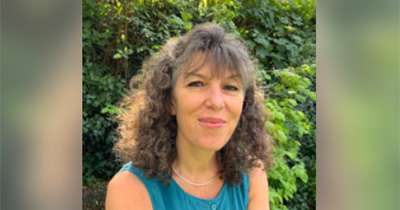Florence Tupin Distinguished Lecturer of the IEEE Geoscience and Remote Sensing Society
27 March 2025
Faculty member at Télécom Paris since 1998, she conducts her research in the LTCI lab, IMAGES team.
The IEEE GRSS conferences highlight high-level research with a strong academic focus in the field of geosciences and remote sensing.
Three questions to Florence Tupin
Every year, the IEEE Geoscience and Remote Sensing Society selects a number of international speakers to present their work at various events.
This is recognition of a certain level of international expertise on a subject and helps to promote the scientific advances that have been made.
This award recognises a body of work that we have been carrying out for several years on radar imaging with my colleagues, in particular Loïc Denis, professor at the Université Jean Monnet in Saint-Étienne and visiting professor at Télécom Paris, as well as a large number of doctoral students whom I cannot mention here but whom I would like to thank warmly.
We have developed high-performance approaches that significantly reduce the fluctuations inherent in this type of imaging. This can improve the results of many applications that use these images. These methods are based in particular on deep learning and the modelling of acquisition physics.
This award will enable us to make this work even better known and to distribute the associated open source algorithms. It will also be an opportunity to encourage collaboration on their application.
On a personal note, I would also like to take advantage of the lectures I will be giving to interact with the young women researchers and encourage them to continue in this field.